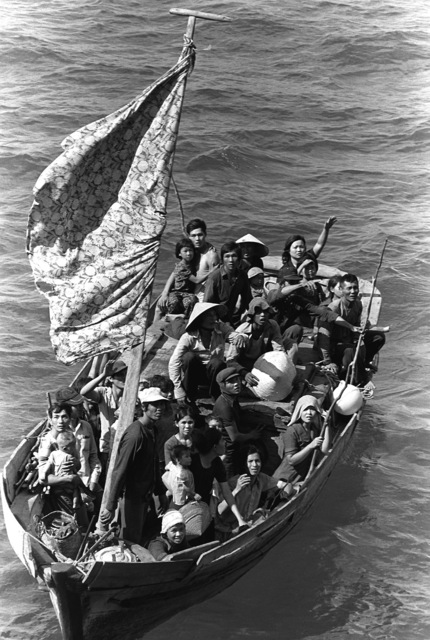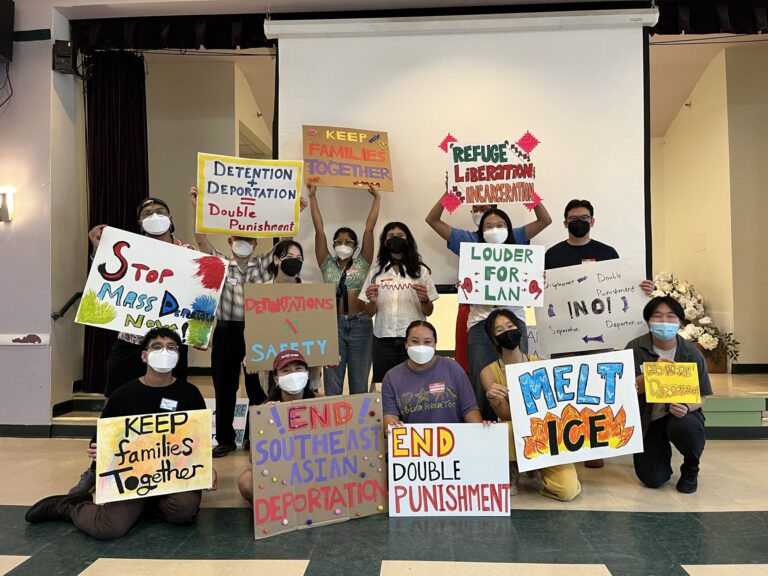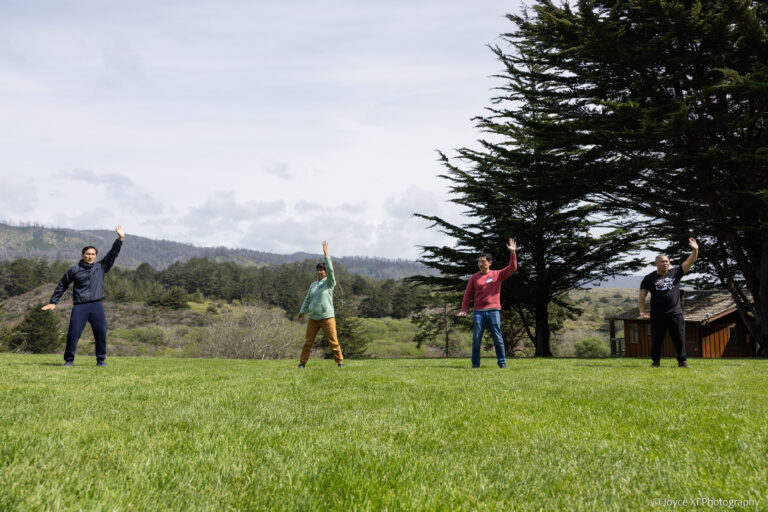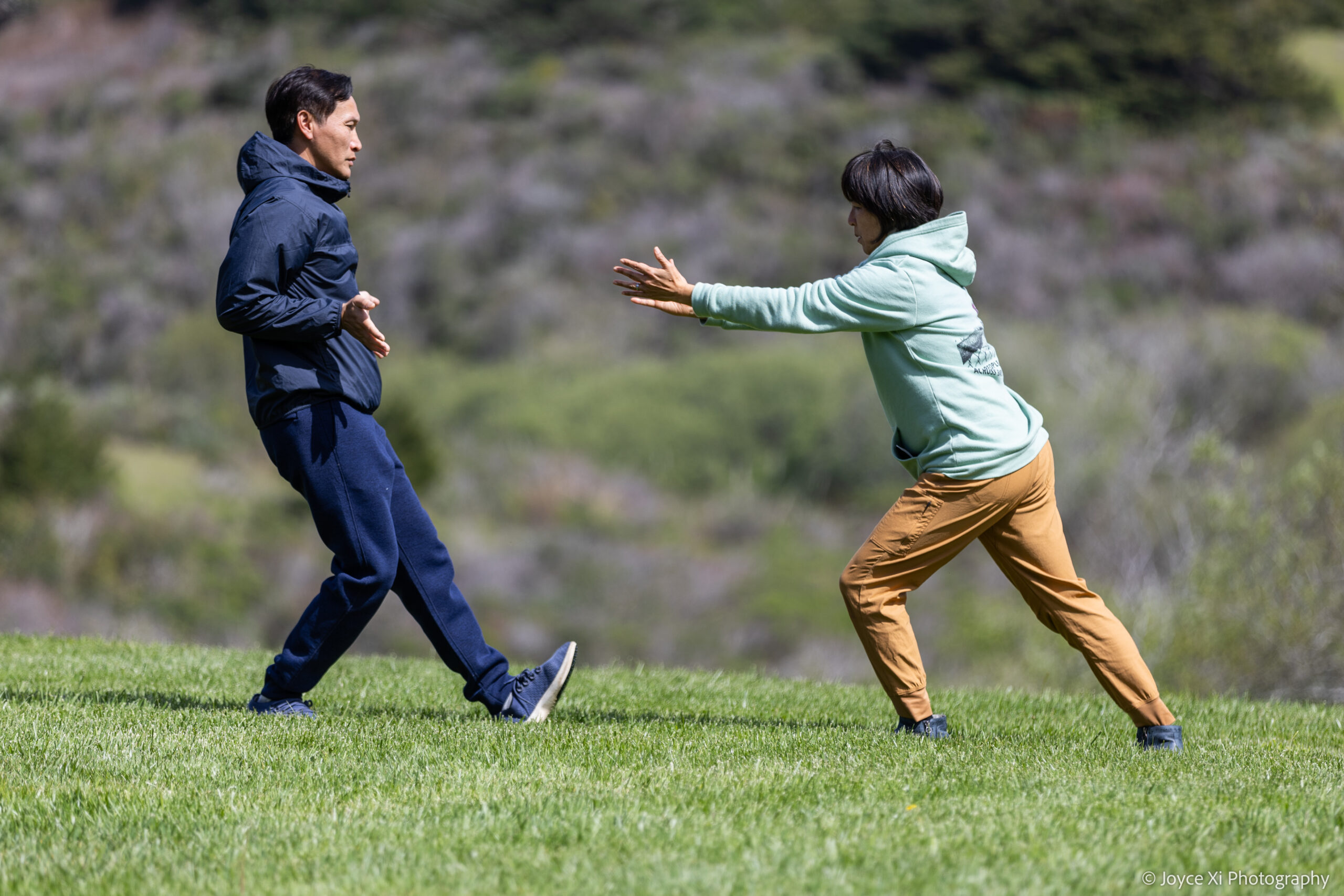Eddy Zheng, president and founder of New Breath Foundation, shares his thoughts on hope and offers strengthening reminders for the year ahead.
2025 marks the 50th anniversary of the U.S. wars in Vietnam. This year is especially important to us as an organization that supports Southeast Asian organizations working on the frontlines to address the impacts of proxy wars, systemic violence, and high incarceration and deportation rates.
The legacy and aftermath of the Vietnam War are significant–the profound harm the war created is clear once we delve into the effects of imperialism, capitalism, and militarism. When Southeast Asian refugees resettled in the U.S. in the 1970s, they received minimal support to process the trauma of war or to navigate the challenges of assimilation. Many lived in unsafe neighborhoods, isolated due to language and cultural barriers, and searched for a place to belong. In search of protection or a sense of community, some youth turned to Southeast Asian gangs, making decisions that ultimately led to prison. The system failed to provide them with the resources or opportunities they needed to succeed.

When I had to navigate the migration-to-incarceration-to-deportation pipeline, I gained more insight into the ways my immediate AANHPI communities were marginalized, especially in relation to incarceration, deportation, and violence, all of which are rooted in systemic harm. I saw how trauma impacted and still impacts Southeast Asian communities, whether or not individuals are incarcerated. U.S. foreign policy has perpetuated intergenerational trauma, and its aftereffects remain largely unaddressed, with few resources to heal or address these deeply rooted issues. When we acknowledge shared traumas and embrace shared healing processes, we can cultivate collective hope–the first step toward healing. While I can’t fully understand the trauma of war, my experience with incarceration and deportation has taught me how trauma shapes individuals, families, and communities.
Not Alone
Recent global and local events, such as the LA fires, wars in Gaza and Ukraine, and ICE and CBP’s activities in Central CA, have provoked fear, chaos, and hopelessness. At the same time, people have inspired hope by supporting each other through mutual aid and community care. My time in solitary confinement while incarcerated taught me that staying connected to humanity, community, and the collective fight for justice breeds hope. I realized that I was never truly alone. We are not alone. You are not alone. Our interconnectedness shows there is no separation between the self, family, and community, and brings us towards others in healing and co-creating solutions towards collective liberation.

Finding Balance
The Chinese philosophy of yin and yang reflects the natural balance of the world and everything that happens within it. It shows us the interplay of action and reaction. Amidst the devastation we face, we must find hope and healing. Our fears are very real: concerns for personal and public safety, the threat of losing loved ones to illness or natural disasters, and more. But when we focus on hope in the midst of turmoil, we connect with something essential–our shared humanity. We can listen, learn, and support communities by centering the voices of those directly impacted, many of whom are leading efforts toward change.
One Step at a Time
My 92-year-old father recently fell (he’s safe), and he shared with me, “I need to remember to slow down. Instead of walking too fast, I need to not rush and take one step at a time.” Our society encourages instant gratification across all age groups, but I want to remind everyone, myself included, to stay focused on our priorities and take one step at a time while acknowledging urgent situations that require our attention and management. Slowing down is self-care and allows us to be more effective overall in our work. A huge part of the work is working on yourself, which will in turn translate into community care. Don’t stop. Take it slow. Keep walking. With each new breath, there is hope and an opportunity to heal.

